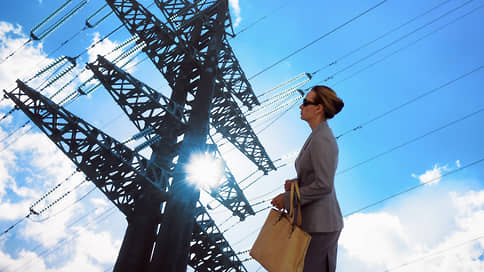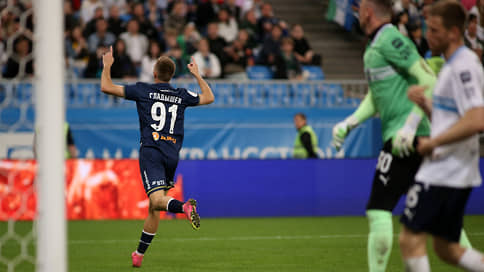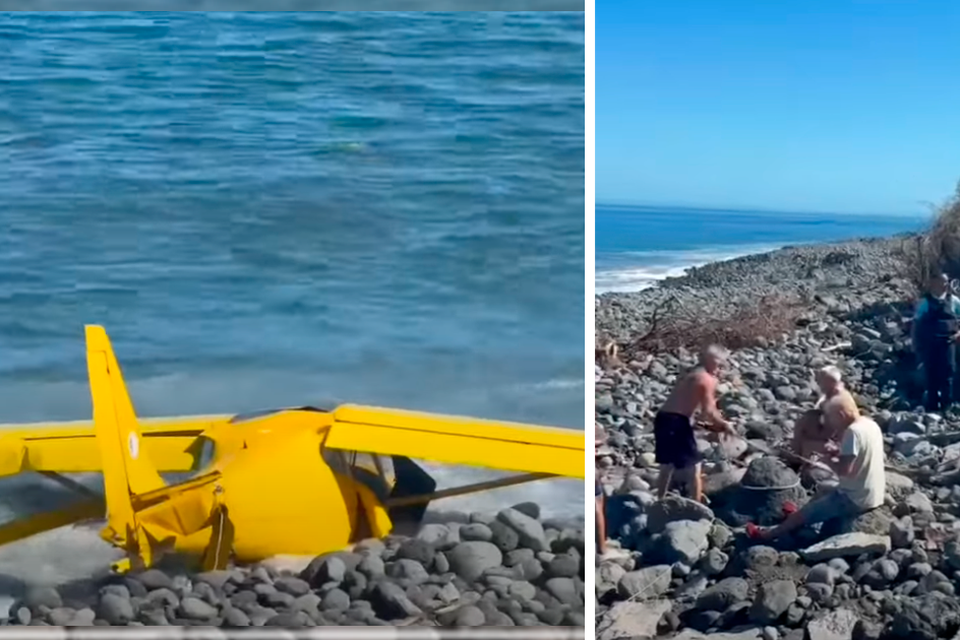The London court suspended the execution of the Hague arbitration decision in favor of DTEK

As it became known to Kommersant, the London Court allowed Russia not yet to execute the Hague arbitration resolution on the recovery of $ 207.8 million in favor of the Ukrainian DTEK Krymenergo JSC for the loss of energy activists on the peninsula. The delay was given before the Court of Appeal by the Hague Court of the Hague on the cancellation of the arbitration decision on the complaint of the Russian Federation. The proceedings in the appeal can last from one and a half to four and a half years, and, according to the English court, Russia has a chance of success.
On May 2, the High Court of London issued a decision (Kommersant) at the request of Russia, agreeing to suspend the execution of the Hague arbitration in the UK in the lawsuit of the Ukrainian DTEK Crimenergo JSC. DTEK is part of the SCM investment group, which belongs to the Ukrainian businessman Rinat Akhmetov (recognized in the Russian Federation a participant in an extremist association). In 2015, after the accession of Crimea to Russia, DTEK assets were nationalized. DTEK considered this illegal expropriation and initiated the international arbitration in the Hague, demanding that the Russian Federation recover compensation for the seizure of energy acts.
The plaintiff referred to an agreement on mutual protection of investments between the Russian Federation and Ukraine.
Russia objected that the provisions of the contract are not applicable to Crimea, since there is a territorial dispute about its status, that investments should be carried out by active actions after January 1, 1992 and meet a number of requirements (activity, cross -border and compliance with local legislation) that have not been fulfilled. On November 1, 2023, the Hague arbitration collected $ 207.8 million compensation and interest from Russia until the actual payment. After that, DTEK appealed to a number of countries for the execution of this decision, and on November 15, 2023, the English court issued an order to enforce.
The defendant is now trying to annul the arbitration resolution with reference to the lack of jurisdiction by the Hague Tribunal: on February 1, 2024, a complaint was filed with the Hague appeal. And in October 2024, Russia appealed to the high court of London, asking to cancel the order on the execution or at least suspend its execution until the final decision of the Dutch state offices on the issue of canceling the resolution of the tribunal. DTEK, in turn, asked to reject the application, and if consent to the deferral, to oblige the Russian side to make the required amount to the court account as a financial guarantee. According to the parties, the trial in the Dutch appeal will take from one and a half to four and a half years.
On May 2, the high court of London agreed to suspend the execution of the arbitration decision before the decision was made by the Gaga appeal court. Otherwise, there is a risk of contradictory court decisions – in the case of the execution of an arbitration decision in the UK with its subsequent cancellation of the Dutch appeal.
At the same time, the English court considered the weak argument about the non -proliferation of the Crimea of the Russian Federation with Ukraine, but according to two other (on active and cross -border investments), he noted the “real prospect of success”.
At the same time, the judge recognized the risks of causing damage to the plaintiff in the event of a long delay in the proceedings, therefore he limited the deferred performance by the date of the decision of the appeal, and not the final outcome of the lawsuit after the passage of all the courts in the Netherlands. At the same time, the English court did not consider itself the right to determine the provision of a deferral by making money for a deposit.
The state is a reliable debtor
Enterprise Legal Solutions CEO Anna Barabash notes that in disputes of investors against states, measures are usually not taken as binding a reference country to provide financial guarantees in the form of money deposit for a court deposit. The partner of AB NSP Ilya Rachkov explains this by the fact that, unlike a private person, the state cannot liquidate or go bankrupt. To ensure execution in such cases, according to Mrs. Barabash, the arrest of the defendant’s assets or funds of third parties intended for the defendant (future payments under contracts) is more often used.
Ilya Rachkov indicates that the English court applied the same test in this case that was previously used by British courts in the case of ex-campaigning Yukos against the Russian Federation. The point that, before the execution of the decision of the arbitration, it should be evaluated by the competent court (here the State Court of the Netherlands) for the cancellation of the defendant.
According to Mr. Rachkov, the suspension of decisions of international investarbits is a normal practice, especially since « the state is a reliable debtor, and the possible financial losses of the plaintiff are compensated by interest on the amount of debt. »
In the event of an immediate collection of a large amount from the state and the subsequent cancellation of the decision of investments, the return to the state will be extremely difficult or impossible, Ilya Rachkov explains.
The managing partner of AB « Grebelsky and partners » Alexander Grebelsky believes that Russia has a chance to cancel the arbitration resolution in an appeal if it proves the lack of competence of the Hague tribunal for any of the three declared grounds. However, he evaluates these chances as small, and he considers relief from the English court to “rather with a curtsy court of the Hague, not Russia”. In practice, the solutions of investments are extremely rarely canceled, Ilya Rachkov points out. In some cases, Russia managed to achieve such a cancellation (for example, the Rosinvestco case against the Russian Federation), the lawyer clarifies, but there were no lifting for cases related to the Crimea.







